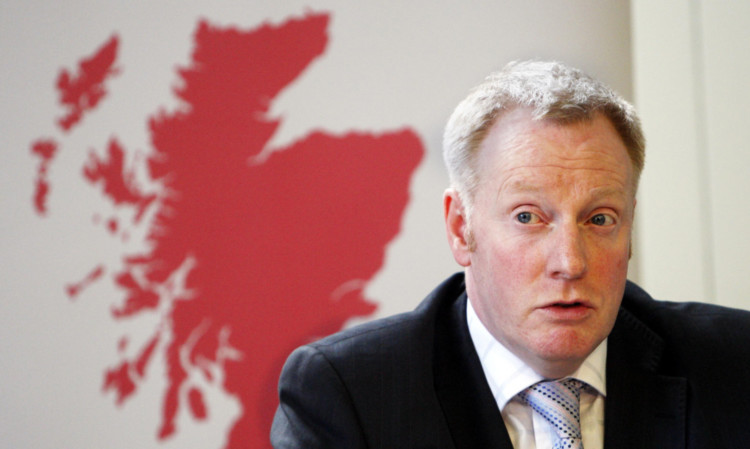A union leader has claimed the economic recovery has yet to translate into higher wages and greater job security.
Grahame Smith, general secretary of the STUC, was speaking ahead of the start of its 2014 congress in Dundee.
He said: “On an almost daily basis Government is releasing good news stories on the economy that simply can’t be reconciled with the real-life experiences of the vast majority of Scotland’s citizens.
“Workers have experienced a collapse in real wages unprecedented in modern times while job security has crashed.
“People in and out of work have to cope with a deliberate and sustained attack on their already meagre living standards.
“The STUC’s analysis of the recent Budget and associated papers confirms that the recovery is fragile and unbalanced in its composition.
“No amount of sophistry can hide the fact that the Chancellor has failed to meet his 2010 forecasts on growth, pay, investment, trade and the public finances by a huge margin.”
Mr Smith said the improvement in the Scottish labour market was real but much too slow, condemning too many people to long spells of unemployment.
“Employment growth has stalled and remains significantly below pre-recession levels,” he said.
“Those jobs that are being created are often low wage and insecure.”
An analysis by the STUC reckons that as many as 84,000 workers in Scotland are on zero-hours contracts.
A survey it carried out among young workers found 44% were in part-time jobs and nearly half of them had either zero-hours or short-hours contracts.
Nearly one in 10 of those surveyed said they had used pay-day lenders to help them make ends meet. Of the school pupils and students questioned, more than four out of five said they were worried about gaining secure employment.
STUC youth committee member Mark Lynch will tell delegates today: “Young people have real fears for the future and this is hardly surprising considering that so many of their peers are working on zero-hours and short-hours contracts with little job security and massive uncertainty over pay.”
The congress is being held at Caird Hall and will be addressed by First Minister Alex Salmond tomorrow and by Scottish Labour leader Johann Lamont on Wednesday.
Each will face questions on the independence referendum. Delegates will also debate the cost of living, fair pay and the Living Wage, collective bargaining, blacklisting and workplace safety.
